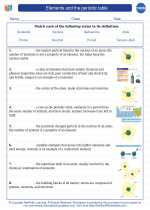Antibodies: Explanation and Study Guide
Introduction to Antibodies
Antibodies, also known as immunoglobulins, are proteins produced by the immune system in response to the presence of foreign substances called antigens. These antigens can be bacteria, viruses, or other harmful substances.
Structure of Antibodies
Antibodies are Y-shaped proteins consisting of four polypeptide chains: two heavy chains and two light chains. These chains are held together by disulfide bonds. The variable regions of the antibody are responsible for binding to specific antigens, while the constant regions determine the antibody's function.
Functions of Antibodies
Antibodies play a crucial role in the immune response by identifying and neutralizing antigens. They can do this through several mechanisms, including:
- Neutralization: Antibodies can directly bind to antigens, preventing them from interacting with host cells.
- Opsonization: Antibodies can mark antigens for destruction by phagocytic cells.
- Complement activation: Antibodies can trigger the complement system, leading to the lysis of targeted cells.
- Agglutination: Antibodies can clump together antigens, making it easier for phagocytic cells to engulf them.
Types of Antibodies
There are five main classes of antibodies: IgM, IgG, IgA, IgD, and IgE. Each class has unique properties and functions in the immune system.
Antibody Production and Regulation
Antibodies are produced by B-lymphocytes, a type of white blood cell. The process of antibody production is tightly regulated to ensure the immune system functions properly. This regulation involves a complex interplay of signaling molecules and immune cells.
Study Guide
To study antibodies effectively, consider the following key points:
- Understand the structure of antibodies, including the arrangement of heavy and light chains.
- Learn the functions of antibodies and the mechanisms by which they neutralize antigens.
- Memorize the five classes of antibodies and their respective roles in the immune response.
- Explore the process of antibody production and the regulatory mechanisms involved in immune system function.
- Practice identifying the different types of antibodies and their roles in specific immune responses.
◂Chemistry Worksheets and Study Guides High School. Elements and the periodic table
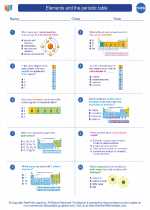
 Worksheet/Answer key
Worksheet/Answer key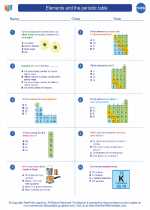
 Worksheet/Answer key
Worksheet/Answer key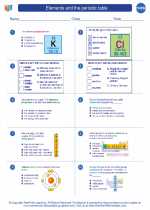
 Vocabulary/Answer key
Vocabulary/Answer key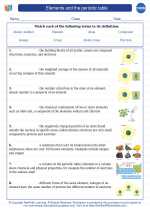
 Vocabulary/Answer key
Vocabulary/Answer key
 Vocabulary/Answer key
Vocabulary/Answer key